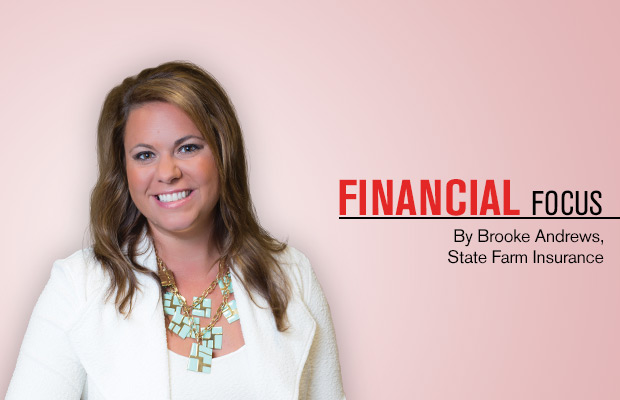Financial Focus: How To Create A Budget

Does anyone remember their first job and what it felt like to receive their first paycheck? What about how quickly it disappeared? To be honest, even as an adult I still feel that way at times. We all know that money doesn’t grow on trees, so how do those who seem to have it all together get there? I think most people who followed a budget and saw success from it would agree that they had a goal, formulated a plan, assessed their progress throughout the plan, and rewarded themselves for sticking to it.
What is budgeting? Basically, it’s making sure that you’re spending less than you’re bringing in and planning for both the short- and long-term. You may be wondering why it’s important to budget and what benefit you could get out of having one. We budget so we can comfortably get through our day-to-day operations, but also so we can grow to meet future plans, even those unexpected ones. This can be for both our personal and professional lives.
So how do you create a budget that works for you? To begin let’s start with income. List all of your sources of income and how much you usually receive from them each month. Include not only your salary, but also any other money you get from second jobs, gifts, or other sources. Be sure to list only the after-tax, or net, figures. For best results, don’t count income you can’t rely on, and always estimate on the low side.
Next, figure out your current expenses. Collect your credit card and debit card statements, checkbook register, and cash receipts from the last few months. They’ll tell you how much you spent and what you spent it on. List your average monthly expenses in two categories:
Fixed – such as rent or mortgage and car loan payments – they are the same each month. You can include fixed expenses that are paid less often as well.
Variable – such as utilities, phone, groceries, education, clothing, and entertainment – that are different each month. These expenses, to some degree, are ones that you can control. With a little creativity, you can usually reduce entertainment and other variable expenses without really noticing a difference. For example, if you usually go out to eat for lunch on work days, you could save $400/year just by bringing a lunch from home twice a week. And, instead of going out for a cup of coffee, make it yourself and save another $400!
Now, use what you learned to set up your budget. Think about what you want in your future. Do you want the ability to handle unexpected costs, like getting hurt and not being able to work? What about the ability to take a family vacation to the beach? Once you do this, set a monthly savings goal for yourself. Review your current expenses, especially the variable, and see where you can cut back. You could also think of a way to increase your income, like turning a hobby into a fun way to make extra money!
In order to assess your progress, do the math and see where you stand. Subtract your expenses from your income. The result will tell you how you are managing money now and give you a starting point for your budget. Here are some key points:
- You’re already doing well if at least 5% of your net income is left after expenses. This is the minimum about to set aside in your savings account each month for a healthy financial future.
- You need to make changes if you have less than 5% of your net income left. Your variable expenses are too high and need to be adjusted immediately.
Stick to your budget once it’s in place. If it’s realistic, and if you use it to guide your expenses, you’ll be better prepared for emergencies, other unexpected costs, and a financially secure future. You’ll thank yourself later when you are sitting at the beach with the sand between your toes, knowing that you worked hard to get where you are.









0 comments